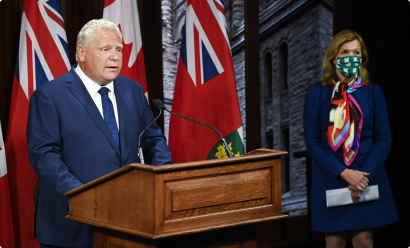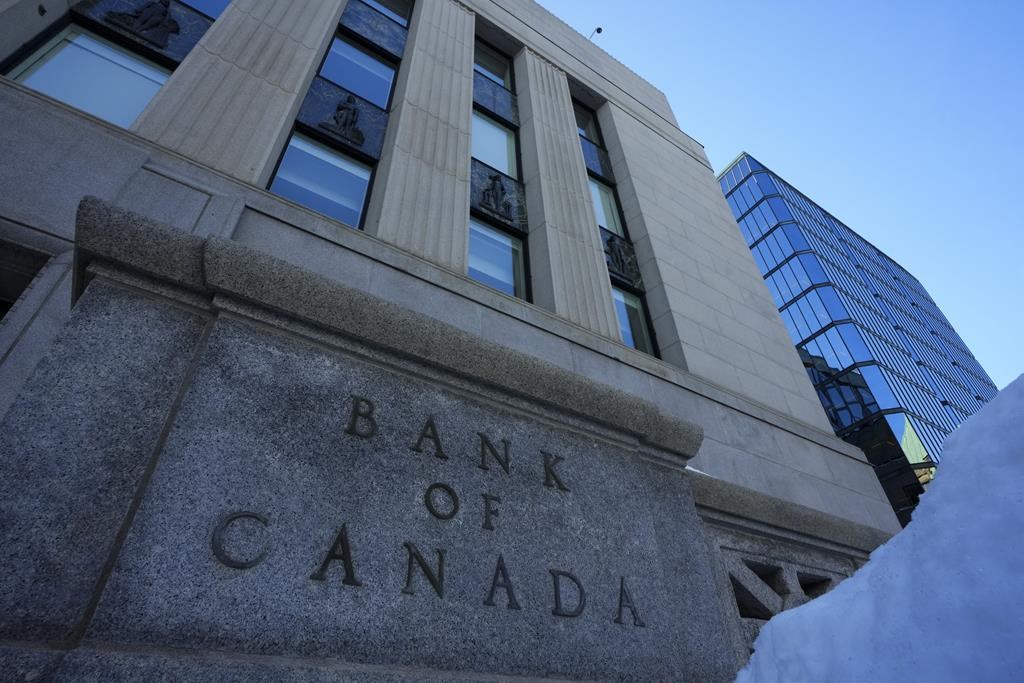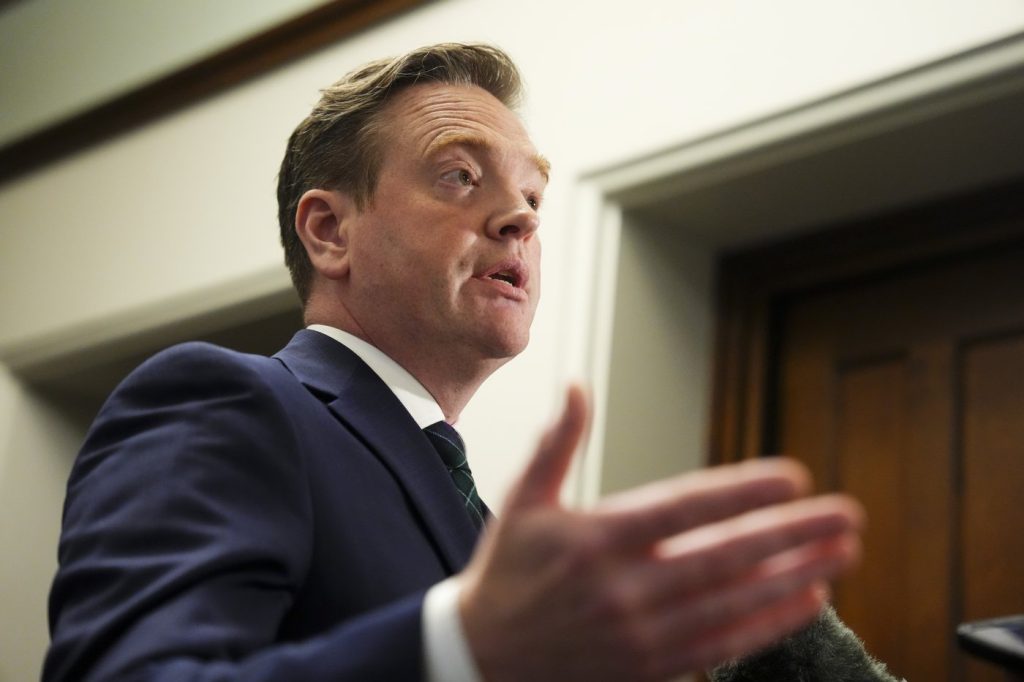The Bank of Canada may adjust the pace of interest rate cuts if warranted, governor Tiff Macklem said on Wednesday after announcing a third consecutive interest rate cut.
The quarter-percentage-point reduction was widely expected by forecasters, given ongoing softness in the economy and easing inflation.
In his opening remarks, governor Tiff Macklem said the central bank’s decision was motivated once again by continued progress on inflation and the need for growth to pick up again.
While Wednesday’s announcement carried no surprises, the governor signalled a willingness to change the pace of cuts, if circumstances warrant.
“If those upward forces in inflation proved to be stronger than we expected, or if there’s significantly less slack in the economy than we assess, yes, it might be appropriate to slow the pace of declines,” Macklem said.
“On the other hand, if the economy was significantly weaker, if inflation was significantly weaker than we expected, yes, it could be appropriate to take a bigger step, something bigger than 25 basis points.”
The Canadian economy grew at a faster pace than expected in the second quarter, but preliminary data pointed to weak activity in June and July.
Macklem said this suggests growth may come in weaker than the Bank of Canada had forecasted.
CIBC chief economist Avery Shenfeld noted that financial markets had placed small odds on a half-percentage-point cut, but the central bank opted to take a balanced approach.
“It’s said that victory goes to the bold, but the Bank of Canada went with the more cautious approach of yet another quarter point rate cut, leaving rates still well above where they will have to head to get the economy really moving again now that inflation is less of a threat,” wrote Shenfeld.
Macklem reiterated that if inflation continues to ease as expected, it is “reasonable” to expect more rate cuts.
Interest rates were cut to 4.25% today — the third drop in a row.
— Justin Trudeau (@JustinTrudeau) September 4, 2024
We’ve still got a lot of work ahead to make life more affordable. But this is a strong signal that we’re going in the right direction, and it’s welcome relief for a lot of people looking to buy a home.
Canada’s annual inflation rate has been below three per cent for months, reaching 2.5 per cent in July.
With the central bank’s target inflation rate in sight, Macklem has been stressing the importance of balancing the upside and downside risks ahead.
“There is a risk that the upward forces on inflation could be stronger than expected,” Macklem said.
“At the same time, with inflation getting closer to the target, we need to increasingly guard against the risk that the economy is too weak and inflation falls too much.”
TD chief economist Beata Caranci says a quarter-point rate cut was the appropriate decision, given the economy is still sending mixed signals.
But she says the downside risks are a bigger problem for the Bank of Canada, meaning there’s a higher chance that inflation falls more than expected rather than the opposite scenario.
“We’re starting to see some of the cracks forming in the job market and on the consumer side as well,” Caranci said.
“And inflation, at two and a half, that’s pretty much on target; we are quibbling over our 50 basis points.”
The Bank of Canada’s next interest rate announcement is scheduled for Oct. 23.





















